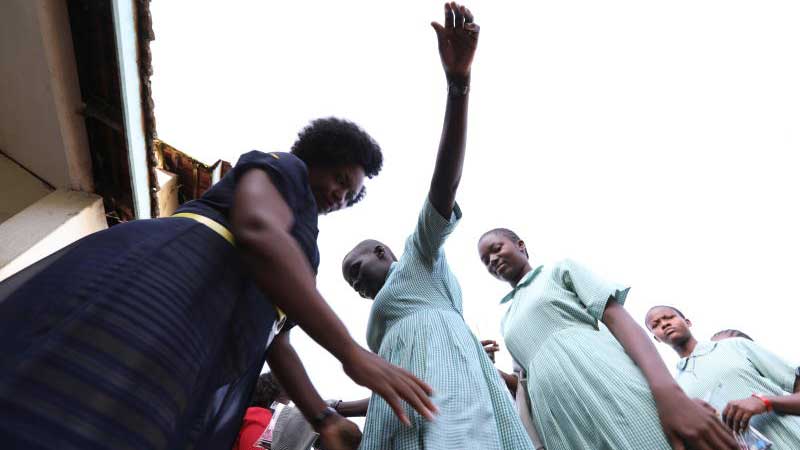×
The Standard e-Paper
Join Thousands Daily

The number of female students sitting national examinations in Nyanza has for the first time surpassed their male counterparts' this year.
Even though some Nyanza counties registered higher number of girls than boys for the examinations in the past years, the overall statistics have always placed the population of the males ahead.